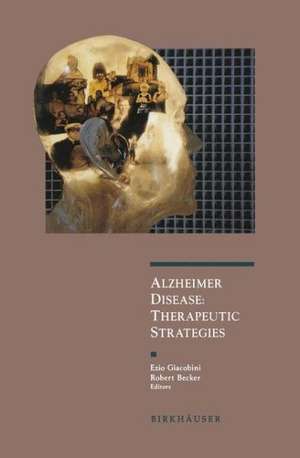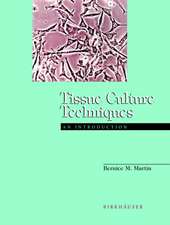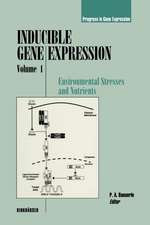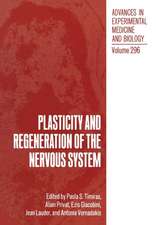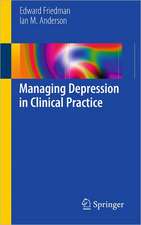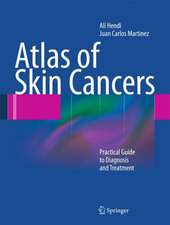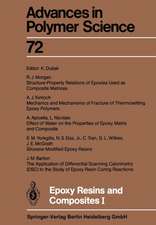Alzheimer Disease: Therapeutic Strategies: Advances in Alzheimer Disease Therapy
D.L. Smith Editat de Ezio Giacobini J.M. Barton Editat de Robert E. Beckeren Limba Engleză Paperback – 21 mai 2012
Preț: 381.54 lei
Preț vechi: 401.61 lei
-5% Nou
Puncte Express: 572
Preț estimativ în valută:
73.02€ • 75.94$ • 61.11£
73.02€ • 75.94$ • 61.11£
Carte tipărită la comandă
Livrare economică 15-29 martie
Preluare comenzi: 021 569.72.76
Specificații
ISBN-13: 9781461581512
ISBN-10: 1461581516
Pagini: 510
Ilustrații: XVI, 510 p. 29 illus., 2 illus. in color.
Dimensiuni: 155 x 235 x 32 mm
Greutate: 0.74 kg
Ediția:Softcover reprint of the original 1st ed. 1994
Editura: Birkhäuser Boston
Colecția Birkhäuser
Seria Advances in Alzheimer Disease Therapy
Locul publicării:Boston, MA, United States
ISBN-10: 1461581516
Pagini: 510
Ilustrații: XVI, 510 p. 29 illus., 2 illus. in color.
Dimensiuni: 155 x 235 x 32 mm
Greutate: 0.74 kg
Ediția:Softcover reprint of the original 1st ed. 1994
Editura: Birkhäuser Boston
Colecția Birkhäuser
Seria Advances in Alzheimer Disease Therapy
Locul publicării:Boston, MA, United States
Public țintă
ResearchCuprins
Introductions.- I. Neuropathologic and Genetic Basis of AD Treatment.- II. Therapeutical Strategies to Arrest Production and Processing of Amyloid.- III. The Cholinergic System of Human Brain.- IV. Cholinesterase Inhibitors in AD Treatment.- V. Nicotinic Agonists as Drugs for AD Treatment.- VI. Muscarinic Agonists: Preclinical and Clinical Approaches.- VII. Drugs to Enhance Acetylcholine Synthesis and Release.- VIII. Nootropic Drugs in AD Treatment.- IX. Neurotrophins, Growth Factors, and Neuroprotection in the Treatment of Alzheimer’s Disease.- X. Excitatory Amino Acids, Ca++ Cellular Homeostasis, Nitric Oxide, and AD Treatment.- XI. Antioxidant, Protective, and Anti-Inflammatory Agents in AD Therapy.- XII. Treatment of Behavioral and Gait Disturbances.- XIII. Neurotoxic Drugs, Transgenic Animals, and Aging Primates as Models of Al) Treatment.- XIV. Use of Imaging Techniques (SPECT, MRI, PET) to Monitor the Effect of Drugs in Al) Treatment.- XV. Clinical Testing of Efficacy of New Drugs in AD.- XVI. Socio-Economic Aspects in the Treatment of Alzheimer’s Disease.- XVII. Alzheimer Disease Treatment: The Future.- Author Index.
